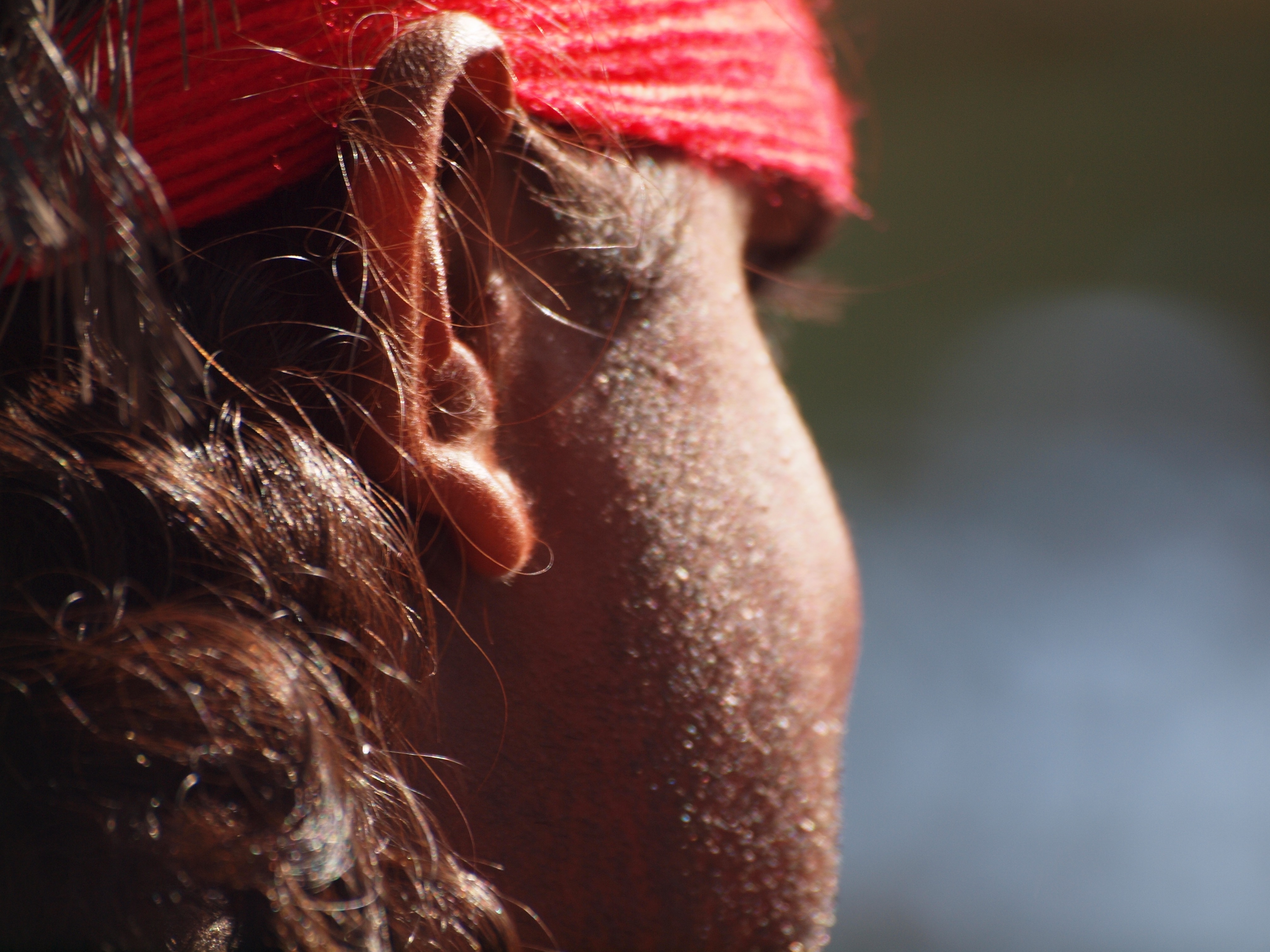South Australia is home to over 30 Aboriginal groups, each with distinct beliefs, cultural practices and languages
South Australia is home to over 30 Aboriginal groups, each with distinct beliefs, cultural practices and languages
Australian Aboriginal culture is the longest continuing culture in the world. South Australia has a long and enduring Aboriginal history and ever evolving Aboriginal traditions.
Aboriginal sites and the stories associated with them often originate from the very distant past and, importantly, contribute to the living belief systems and customs of many contemporary Aboriginal people
The Aboriginal Heritage Act 1988 requires maintenance of three registers:
Information in these registers may be confidential and have legislative restrictions on its use. Maintaining the privacy of confidential information is vital to maintaining positive relationships with Aboriginal communities and other stakeholders.
The Register of Recognised Aboriginal Representative Bodies (RARBs) is a public register listing all the people and groups approved as RARBs in South Australia. It is a first point of contact for land use proponents (e.g. miners, developers, government departments) and others looking to find out if a RARB has been appointed to speak for heritage in a particular part of the state.
The Register of Aboriginal Sites and Objects is part of the Central Archive. It contains information about Aboriginal heritage in the state. Information about Aboriginal heritage can be extremely sensitive, and there are legislative and cultural restrictions related to whether and how this information is shared. Cultural restrictions may be related to gender, age or cultural status. Sites may be restricted to those who have attained a specific status, or restricted to only those from a specific Aboriginal group or groups. Information about the location of sites and why they are significant may be confidential according to Aboriginal tradition. The Register of Aboriginal Sites and Objects is not an exhaustive record of all Aboriginal heritage sites in South Australia. As well as speaking to the relevant RARB, people seeking information about the location of Aboriginal sites in a project area can request a search of the Register of Aboriginal Sites and Objects.
The Register of Agreements is closed to the public. The Aboriginal Heritage Regulations specify that an agreement on the Register for Agreements may only be inspected with the consent of each of party to it, and in accordance with any requirements of the State Aboriginal Heritage Committee.
